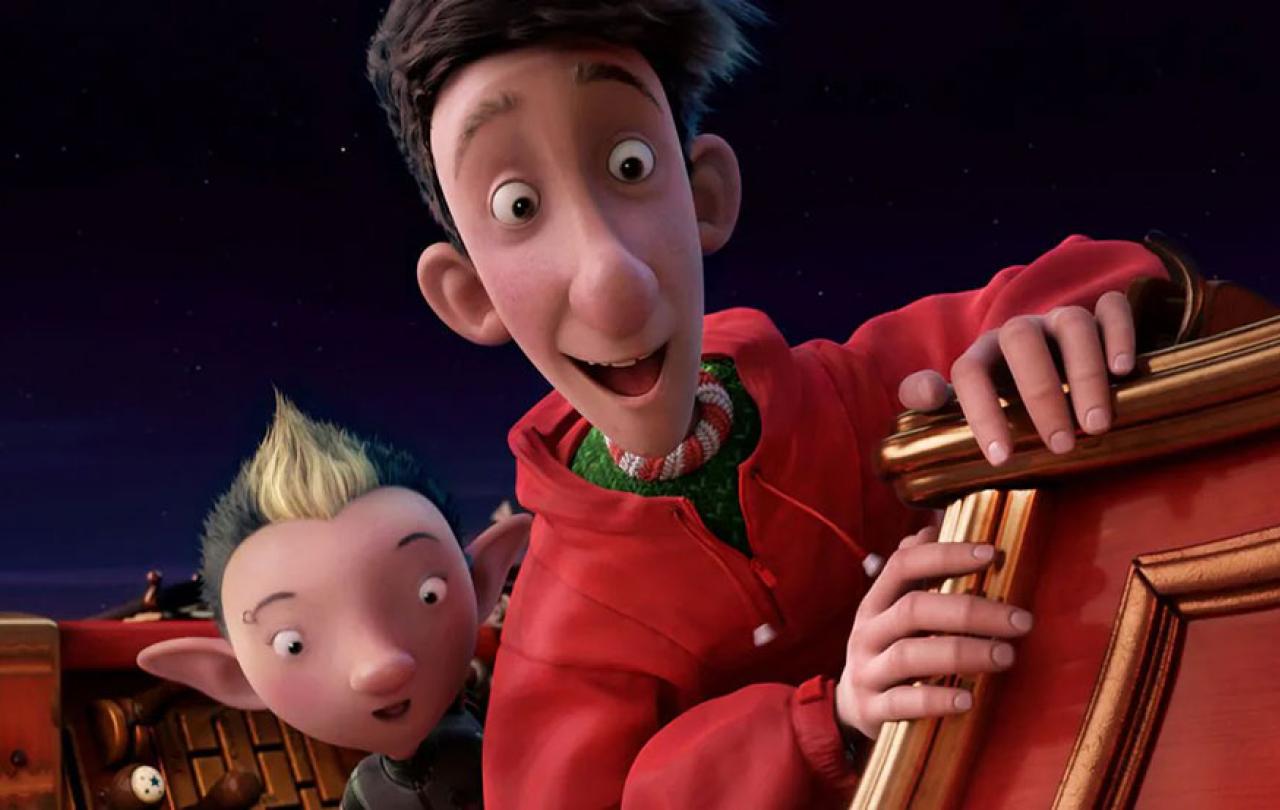Placemaking is about transforming both individual spaces and entire communities, such as towns and cities in need of rejuvenation. An example of such transformation is seen in Blackpool, a town with a rich history, now on the brink of significant change. The Blackpool Pride of Place Partnership, formed seven years ago, underscores this through its recent event at the Blackpool Tower Ballroom, launching the Town Prospectus for 2024. This event showcased the combined efforts of both the private and public sectors to achieve their shared goals. The latest prospectus highlighted the progress from mere ideas to tangible achievements. Much like the pride the unhoused man showed in his makeshift chip-wood path, it highlighted with rightful pride the transformation of concepts from the initial prospectus—once mere computer-generated images—into tangible buildings and projects now existing in reality. This larger-scale transformation reflects a universal need to adapt our environments for the better, mirroring the individual acts of placemaking, like those seen in a morning outreach in the park. The practical challenge is how the instincts and dreams of the unhoused man, currently manifest in a little bark footpath, might be better translated into the wider process of town-wide identity. This process often leaves even the most engaged people feeling overlooked, especially those trapped in the cycle of homelessness, unable to see beyond immediate survival. It is here that the Christian community gets involved in this placemaking.
Just as the church will be called to extend support to a person without a home, we are similarly obliged to play a role in the broader scope of regeneration efforts by helping the voiceless find their voice and amplifying it. Our stewardship extends beyond mere occupation of space; it is a call to play a bold role, engaging confidently and constructively with decision-makers and policy-shapers to help resist the secular tendency towards inequity. The Christian’s vocation to sojourn purposefully intersects with a civic duty to nurture spaces that promote the well-being of all residents, but with a particular bias towards those who are voiceless. In the context of Blackpool, invoking the spirit of Jeremiah we are urged to ‘seek the shalom of Blackpool... and pray to the Lord on its behalf, for in its shalom you will find your shalom.’ This noble endeavour to move the ‘World As It Is’ to the ‘World As It Should Be’ is transformative. It not only reshapes our communities but also refines our own character from ‘Who I Am’ to ‘Who I Should Be’. This fusion of spiritual odyssey and community involvement epitomises Christian discipleship. Placemaking, then, can be an act of faith and dedication, not merely shaping physical landscapes but also weaving a spiritual fabric that enriches the collective identity of our communal life by including those on the edge, like people in tents in a park.
This principle transcends the specific context of Blackpool. The mission of placemaking knows no bounds: from the local county to the national landscape, and even the global stage. The shaping of space into home is a fundamental instinct relevant to all, from an unhoused neighbour to residents of a town like Blackpool to the Christian sojourning in the world. The church has an invaluable role to play in this effort, serving as both a consistent presence in a place undergoing upheaval and being a catalyst for change, but most particularly an avenue for participation for those we might consider to be ‘the least of these’ - the homeless man; the battered girlfriend; the addict; the asylum seeker; the kid excluded from school; the lonely older person. By embracing this call, the church upholds its commitment to being a faithful community and fostering belonging. It also participates in the divine act of creation, shaping the world to reflect God’s love and grace. Through this sacred duty, the church contributes to spaces becoming places of shalom. Indeed, without ‘the least of these’ playing a part, true shalom is not possible. By partnering with other local organisations through broad-based community organisations, initiating housing projects, or advocating for policy changes, the church can materialise its vision to make earth a bit more like heaven. Examples from communities where churches have led or participated in urban regeneration efforts demonstrate the transformative power of faith in action, turning spaces of neglect into thriving places of community and support.
From the personal touch of a man creating pathways in a park, to my relocating of household furniture, to the communal efforts in Blackpool's regeneration, we witness a profound truth: that shaping our world to become home is not just an act of physical transformation but an expression of deep spiritual yearning, which is, fundamentally, to know that the Kingdom of God is among us.






